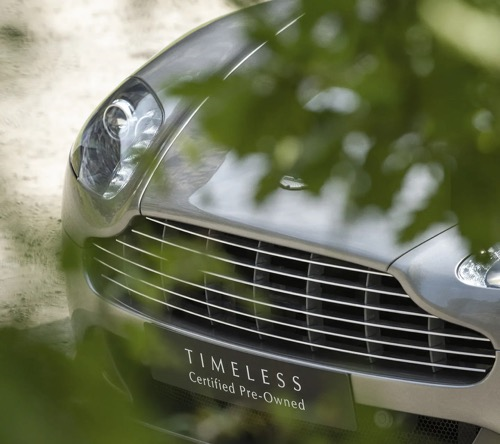According to Bloomberg, British luxury car manufacturer Aston Martin Lagonda Global Holdings Plc has lowered its profit targets for 2025 due to disruptions caused by increased tariffs in the U.S. The company is also urging the UK government to address a key issue in the trade agreement with the U.S. On July 30, Aston Martin stated that its gross margin for this year will remain roughly in line with the 37% target set for 2024, down from an earlier goal of 40%. The company added that its adjusted EBITDA for 2025 may fall into negative territory as it aims for a balanced budget. Despite the lowered expectations, Aston Martin remains committed to achieving positive free cash flow in the second half of this year, a critical goal as its net debt has risen to £1.38 billion as of the end of June. In the second quarter of this year, Aston Martin's wholesale sales dropped to 972 vehicles from 1,053 in the same period last year, with revenues falling 34% to nearly £221 million, below analyst expectations, and gross profits plummeting 54% to £61.4 million. On February 1, 2020, Aston Martin reached an agreement with a consortium led by billionaire Lawrence Stroll, which purchased 16.7% of Aston Martin for £182 million. Although the consortium has since injected over £600 million (approximately $801 million) into the brand, reviving the debt-laden luxury car manufacturer has proven challenging. Last year, newly appointed CEO Adrian Hallmark implemented measures aimed at improving efficiency and cutting costs, but these efforts have been hindered by Trump's tariff policies. Under an agreement between the U.S. and the UK, British car manufacturers must pay a 10% tariff when exporting cars to the U.S., significantly higher than the previous 2.5% rate. It is noteworthy that the 10% tariff only applies to the first 100,000 British cars sold in the U.S., with a first-come, first-served policy, while any vehicles above this threshold will face a 27.5% tariff. Like other high-end sports car manufacturers, Aston Martin does not produce any models in the U.S. Hallmark mentioned in an interview that the current quota system poses risks, potentially giving an advantage to the UK's largest car manufacturer, Jaguar Land Rover, while squeezing all smaller businesses out of the market. The CEO called on the UK government to establish different categories within the quotas, reserving part of them for high-end sports cars, 'so we won't be crushed.' Over the past 12 months, Aston Martin's stock price has halved. Due to the company's poor performance in the stock market, Executive Chairman Stroll has expressed his willingness to consider privatizing the company.
Aston Martin Lowers 2025 Profit Targets Due to US Tariffs

Share this post on: